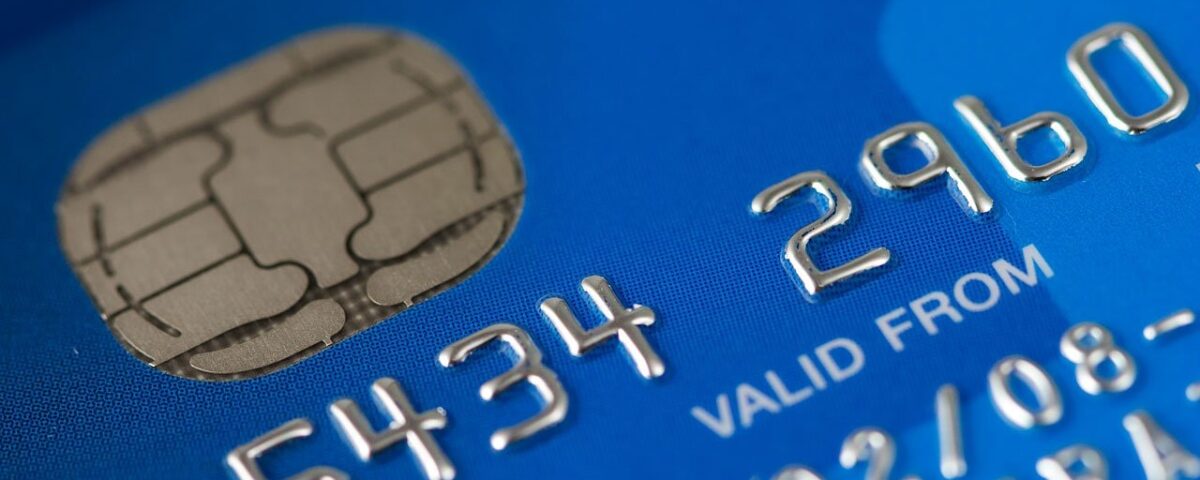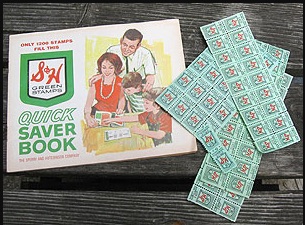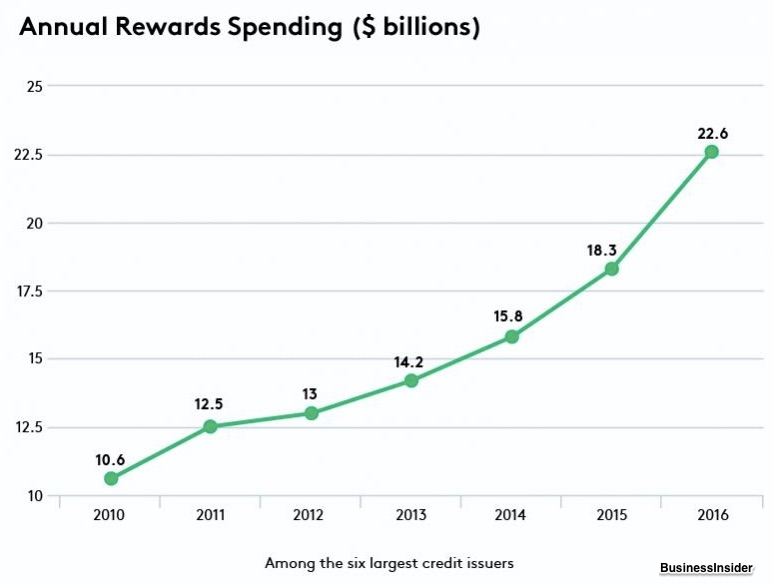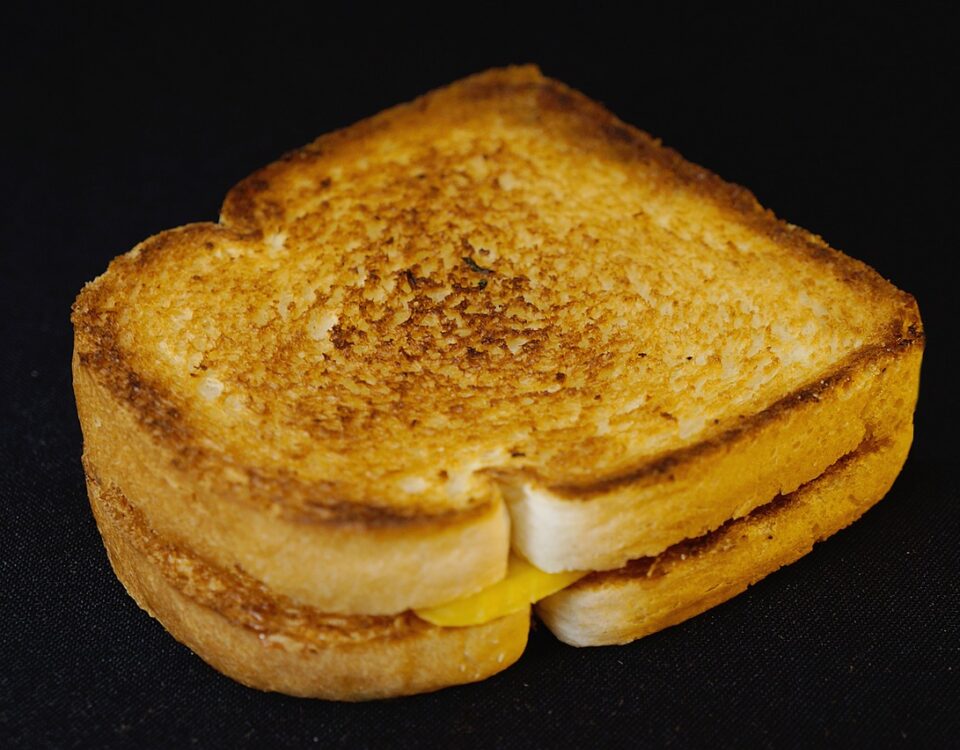
The Messages That Satellite Images Send
October 30, 2017
The Mystery of France’s Disappearing Butter
November 1, 2017Yes, xkcd got it right. Surveys do indicate we are quite aware of the “features and benefits” of reward card programs:
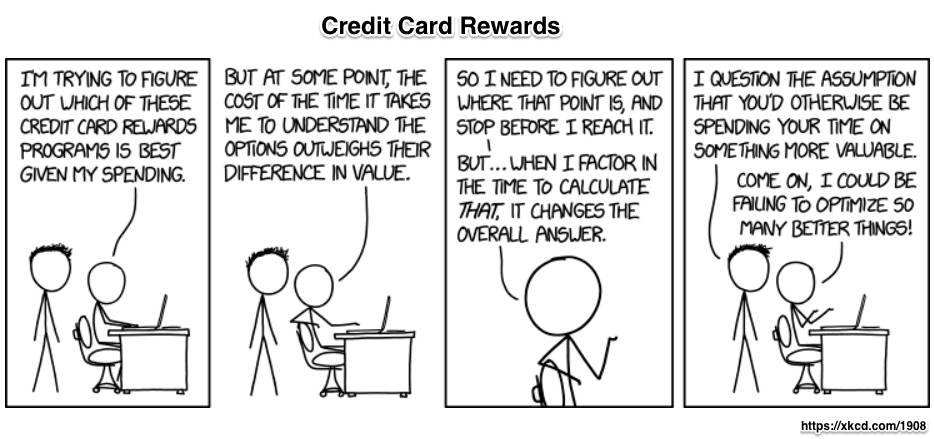
Some History
Many of us remember airline miles–at first, the only credit card reward we could get. Diners Club was the first to offer them in 1984 and the idea spread. Only two years after that, we got our first cash-back program from Discover.
However, to see the real beginning, we can look way back. In 1793 (reputedly), some merchants began giving customers copper tokens with their purchases. Decades later, Sweet Home Laundry soap had a certificate enclosed, Collect enough of them and you got a color lithograph. Fast forwarding to the 1890s, we have the earliest S&H Green Stamps (which are still around today as Green Points).
S&H Stamp books made it easy to accumulate the stamps and then redeem them through a Green Stamps catalog or store:
You see where all of this is going. For a long time, rewards and loyalty programs have boosted consumer spending…and they still do.
Last year, rewards spending surged:
Our Bottom Line: Opportunity Cost
When we redeem our rewards benefits, it can feel like they are free. Looking closely though, we find an opportunity cost. Someone, somewhere will always sacrifice something.
In terms of behavior, we sacrifice time when we choose and then use a rewards program. Furthermore, what we purchase could even be distorted by a rewards program.
In a Boston Fed paper, researchers suggest the cost is higher for two groups:
- Cash buyers disproportionately absorb the cost of rewards programs.
- Those with less income bear the cost because the more affluent enjoy more of the benefit.
While this data is 10 years old, it still resonates with its regressive message:
So, who pays for free rewards? Like xkcd, the Boston Fed says we (consumers) do.
My sources and more: With considerable insight, the Federal Reserve has looked at reward programs here and here while BusinessInsider has a more up-to-date and less rigorous discussion. Meanwhile, the best history was from Perc.
![econlifelogotrademarkedwebsitelogo[1]](/wp-content/uploads/2024/05/econlifelogotrademarkedwebsitelogo1.png#100878)

